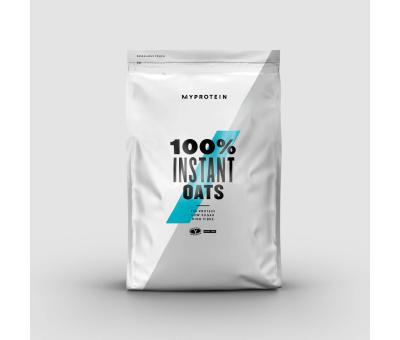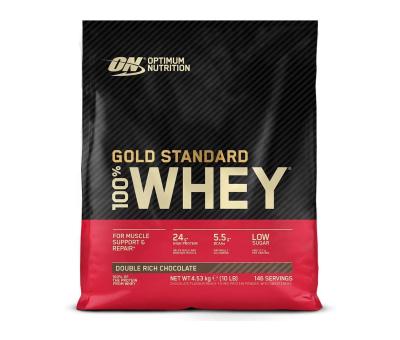Vitamin B2 is needed for:
to ensure the normal metabolism of fats and carbohydrates,
nervous system, muscle and heart muscle function,
in the visual process, to reduce eye fatigue and to ensure normal vision,
to ensure healthy skin, mucous membranes, healthy nails and hair,
for the formation of antibodies
Although the metabolic effects of vitamin B2 deficiency are strong, very few clear clinical symptoms occur. These include various skin changes. Quite common signs of deficiency are split corners of the mouth. Severe riboflavin deficiency has been associated with worsening of iron, anemia and mental disorders. Vitamin B2 deficiency alone is not usually present. Typically, this deficiency occurs with a deficiency of other nutrients. The amount of vitamin B2 in food is usually small, so in order to get the required amount from food, it is necessary to eat a well-varied diet and prefer unrefined foods.
The best sources of vitamin B2 are liver, yeast, almonds, egg, kale, cheese, spinach, bread, broccoli, dried apricots-plums, herring, avocado, pork, legumes, turkey, nuts, seeds.
Take 1-2 capsule daily with a meal.




